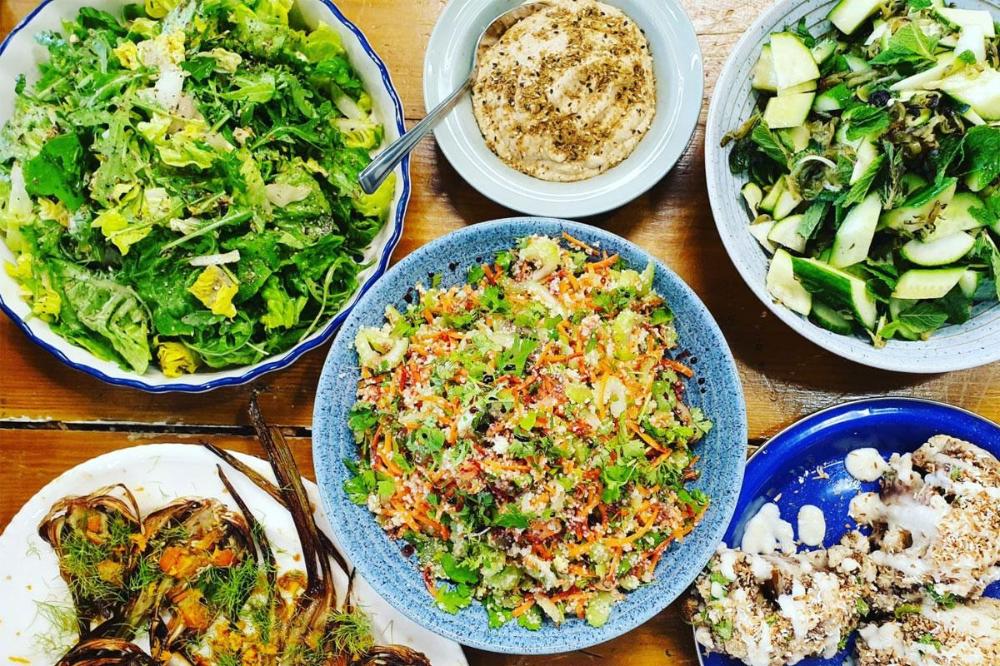“The answer, of course, is for us not to create the waste in the first place: to think about how many people we’ll be cooking for, and how often, and buy only for those meals. And to resist the supermarket’s siren call to pop a bit more into the shopping trolley.”
.
We do need to do something to reduce the food we throw away:
“The fact that substantial amounts of food are produced but not eaten by humans has substantial negative impacts: environmentally, socially and economically.”
Good reasons to cut food waste – Vision Group for Sidmouth
And we can do a lot:
“Small changes can make a big difference.”
Reducing ‘the mountain of food thrown away’ – Vision Group for Sidmouth
“From a beer made from crumpets to gin distilled from supermarket grapes, we test the upcycled foods that taste good as well as do good…”
Making food waste a resource – Vision Group for Sidmouth
.
Today’s Mail on Sunday looks back at lockdown:

Household food waste rocketed after lockdown ended as families slipped back into bad habits, a major new survey has revealed. Waste fell by as much as 43 per cent at the height of Covid restrictions as families spent more time in the kitchen planning and cooking meals. However, it shot back up to pre-pandemic levels as the economy reopened this summer, according to the campaign Love Food Hate Waste.
And Prue Leith writes in the paper about the times when food waste was actually a crime – together with a few tips:
Fourteen years of rationing engendered habits that faded slowly, with each generation less inclined to save, and more inclined to waste. Today, the world wastes a third of the food it produces, with the UK about halfway down the league table, according to the UN…
It’s obviously impractical to give away the product of over-buying on the weekly shop. So heaps of it go to landfill or get burned along with our general rubbish, with the consequent cost in money, energy and carbon footprint. The answer, of course, is for us not to create the waste in the first place: to think about how many people we’ll be cooking for, and how often, and buy only for those meals. And to resist the supermarket’s siren call to pop a bit more into the shopping trolley…
We all need to do our bit, and that includes the Government. In his Environment Secretary days, Michael Gove set in train some great ideas, but what happened to the plan to prevent manufacturers slapping ‘best before’ and ‘use by’ dates on everything? I doubt it saves much food poisoning. It certainly creates anxiety and results in a lot of perfectly good food being binned.